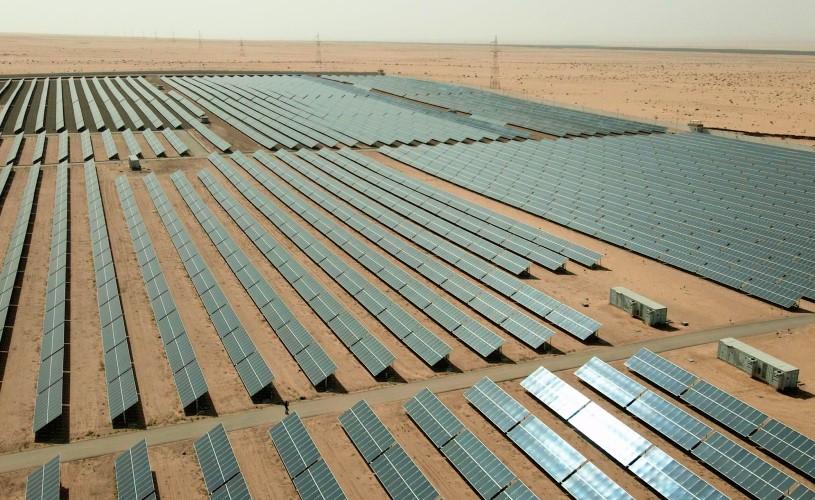Tunisia has considerable potential to generate electricity from renewable sources and is committed to develop renewable energy, with a national expansion objective of 35 % of electricity generated from photovoltaic and wind power plants by 2030. Given the difficult economic situation and high public sector debt, the private sector would need to supply about two-thirds of the required capacity expansion in renewables (3.5 GW). However, private companies are currently held back by administrative obstacles. In addition, the integration of photovoltaic and wind power plants poses technical and regulatory challenges for the national electricity producer and grid operator, the Tunisian Company of Electricity and Gas (STEG).
The project APST II aims to support the development of solar and wind parks financed by the private sector and doing so, to speed up the Tunisian energy transition. In partnership with the Ministry of Energy (MIME), STEG and the private sector, APST II focuses on the preparation and implementation of international tenders (concession regime) for large-scale solar and wind power plants. In this context, GIZ is providing legal, regulatory and financial advice to both the Independent Power Producers (IPPs) and the Ministry. The project increases STEG's technical expertise in connecting large solar and wind power plants to the grid. One priority area is to modernise the grid design in order to predict and compensate for the fluctuating availability of renewable electricity. APST II fosters Innovative approaches to digitalisation in the electricity market will help all partners in speeding up administrative processes, modelling the Tunisian energy system on international standards and achieving targeted improvements to the electricity grid. Finally, the project supports for the planned reforms in the energy sector, a forward-thinking land use planning strategy, and a just energy transition.
2021.2260.4
Promoting private investment in renewable energy in Tunisia
Up-scaling of private sector investment in renewable energy in Tunisia
-
Client
- Bundesministerium für wirtschaftliche Zusammenarbeit u. Entwicklung
-
Country
- Tunisia
-
Runtime
- –
-
Partner
- Ministerium für Industrie, Bergbau und Energie
Contact
Nada Baklouti

© GIZ Tunisia
Further Project Information
CRS code
23110
Policy markers
Principal (primary) policy objective:
- Climate Change: Mitigation
Significant (secondary) policy objective:
- Trade Development
Responsible organisational unit
3600 Nordafrika
Financial commitment for the actual implementation phase
9,500,000 €
This project focuses on the following GIZ work priorities:
The project contributes to these Sustainable Development Goals (SDGs) of the United Nations: